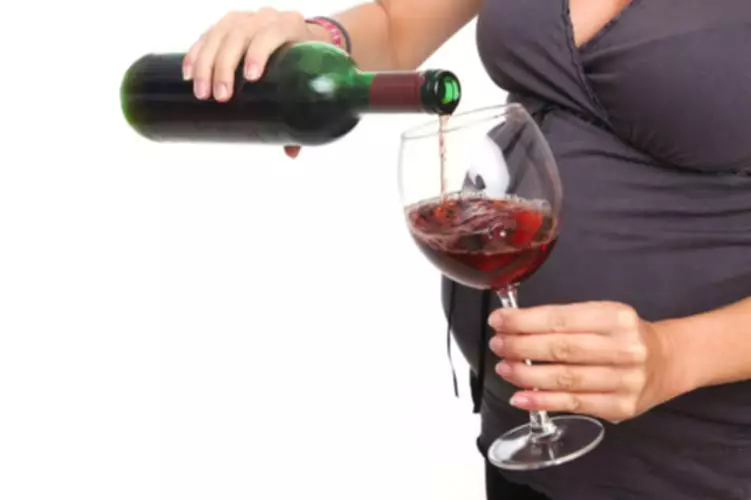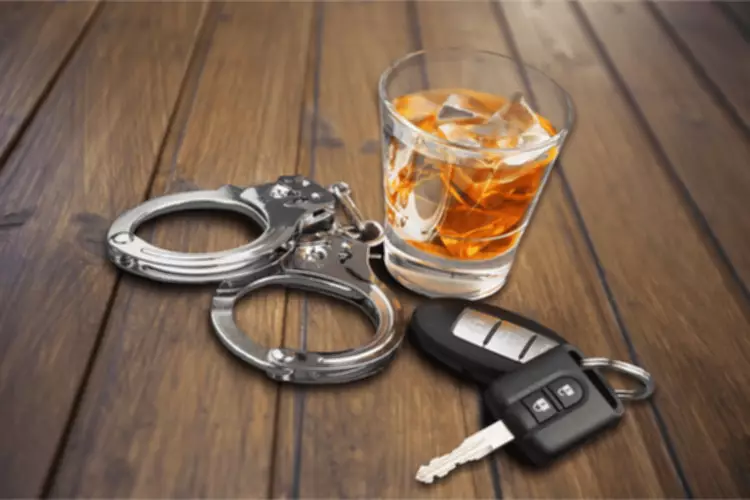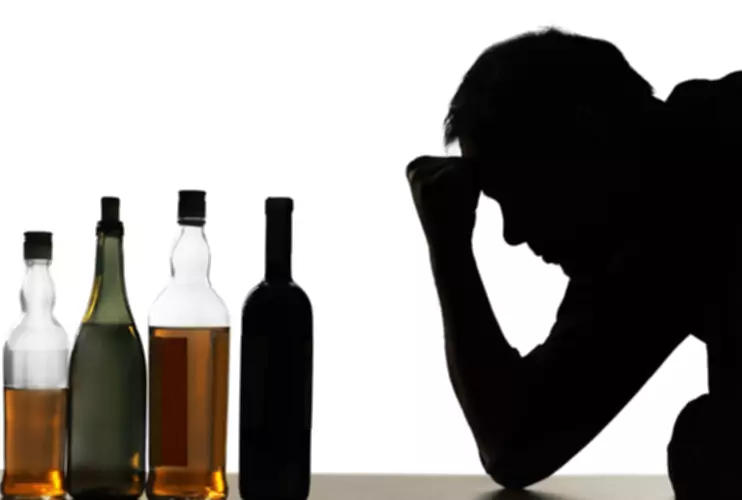The best way forward for your recovery from alcohol or substance use is to incorporate a wide variety of strategies that will help foster success. Remember to care for yourself, seek supportive relationships, and consider seeking help from a therapist. It may help to pick a quit date, or a day when you choose to discontinue use of alcohol or drugs. It’s also helpful to change your environment—for instance, avoid going to bars. There are also resources such as 12-step groups and recovery groups.
- Another one of the most important ways to support recovery is to understand that multiple relapses over a number of years are typically part of the process.
- Even after admitting you have a drinking problem, you may make excuses and drag your feet.
- Distance yourself from people who don’t support your efforts to stop drinking or respect the limits you’ve set.
- The stages of accepting the need for change vary for each person.
- It is a multi-stage process that involves various steps, each crucial to the overall success of recovery.
How to help someone stop drinking
You should also include time for meetings or therapy, as well as time for relaxation, time for yourself, and time with friends. All of these aspects will support your recovery and support the goals you have established. A structured routine will also help you avoid boredom or loneliness, which are very common triggers for relapse.
FAQs About Rehabs in NY

The good news is that there are a number of effective treatments for addiction, including self-help strategies, psychotherapy, medications, and rehabilitation programs, all of which are detailed in this report. You’ll also find targeted advice on specific types of addiction, as well as information about coping with a loved one’s addiction. If you’re a long-term, heavy drinker, you may need medically supervised detoxification.
What to Do If Someone You Love Is Suffering From Alcoholism

But that being said, there are some general principles -forces – that lie beneath the surface of most successful recovery efforts; keep these principles in mind and you’ll likely increase your own odds ofsuccess. You don’t have to figure it all out right from the start -you’ll unravel the mysteries as you work through the process, and anyway, thereis no one right way to do this. Everyone is different and everyone needsto find their own unique way forward. While we are unable to respond to your feedback directly, we’ll use this information to improve our online help. Take the assessment and get matched with a professional, licensed therapist. When you drink, sip slowly and take a break of 30 minutes or one hour between drinks.
Ketamine May Help People with Alcohol Use Disorder – Healthline
Ketamine May Help People with Alcohol Use Disorder.
Posted: Tue, 13 Dec 2022 08:00:00 GMT [source]
For example, you may have developed a co-dependent relationship, or a family member, friend, or employer may have been enabling you without even knowing it. John C. Umhau, MD, MPH, CPE is board-certified in addiction medicine and preventative medicine. Tips to Get Started on the Road to Recovery from Alcohol Addiction For over 20 years Dr. Umhau was a senior clinical investigator at the National Institute on Alcohol Abuse and Alcoholism of the National Institutes of Health (NIH). Explore the impact of alcohol misuse and discover resources for support.
Once an individual realizes the detrimental effects of alcohol on their life, they can start reaching out for help, marking the initial step toward rehabilitation. Avoiding the severe strictures of total abstinence, Lyons opens with the inclusive query “Are you ready to take your power back from alcohol? By grounding readers in the psychology of substance use, walking them through backsliding risks, and encouraging them to rebuild an alcohol-free identity, Lyons attempts to launch a “sober-ish” movement tailored to the modern age.

Overcoming Alcohol Addiction
- SMART Recovery is a secular, science-based program that offers mutual support in communities worldwide as well as on the internet and has specific programming for families.
- We strive to create content that is clear, concise, and easy to understand.
- Choose a limit for how much you’ll drink, but make sure your limit is not more than one drink a day if you’re a woman, two drinks a day if you’re a man—and try to have some days each week when you won’t drink alcohol at all.
- Implementing relapse prevention strategies, such as relapse prevention strategies, can be instrumental in maintaining long-term sobriety.
Such triggers are especially potent in the first 90 days of recovery, when most relapse occurs, before the brain has had time to relearn to respond to other rewards and rewire itself to do so. Learning what one’s triggers are and acquiring an array of techniques for dealing with them should be essential components of any recovery program. Although addiction tends to cut people off from longtime friends, social support is a significant predictor of recovery. They may know something about the person’s deepest aspirations and voice them as a reminder that can help the person remain on the road to recovery. And they can help plan healthy joint activities to ensure that there are good days. For some people, committing to complete abstinence is not desirable or is too daunting a prospect before beginning treatment.
Research has identified relapse patterns in adolescents and adults recovering from addiction. In one study, two-thirds of the adults relapsed in social situations in which they experienced urges and temptations to drink or use. One third experienced relapses when they were experiencing negative emotions and urges to drink/use.
What Is Addiction Recovery?
The public will see different forms of campaign presence, including billboards, medication take back boxes, social media and public service announcements across the nine county service area. Potential relapse factors include developing a secondary addiction, relaxing of structure, and a struggling with acceptance of disease, along with reemergence of underlying psychopathology/trauma/life issues. Potential relapse factors in this stage may include having unstructured time, nearness of triggers, other using behavior, powerful cravings, using dreams, paranoia, anxiety, depression and sleep problems. October is National Substance Abuse Prevention Month, highlighting the role substance abuse plays in individual and community health. In this third article, we will discuss what to expect during recovery. Poet and advocate Alicia Cook shares her grief, mental health struggles, and healing journey after a close family member lost her life to opioid addiction.